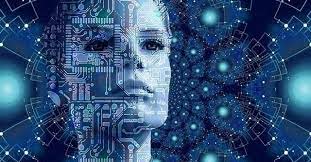
Will Mathematician Be Replaced by AI?
Advertisement
The capability and versatility of Artificial Intelligence (AI) has been developing rapidly. The achievements in some aspects made by computers far outpaced human beings. The trend is unstoppable, which has been having a profound influence on many aspects of our daily life.
But, will mathematician be replaced by computer?
Paul Halmos, a renowned mathematician, considered decades ago that computers had no roles in pure mathematics. Around the same time, Paul Cohen, a well-known logician, indicated that mathematician will be replaced by computer at some future time. No one knows which one of them is right, but it is likely that the truth may lie somewhere between these two extremes: the computer will generate alternative conjectures, and provide examples and counter-examples for the conjectures, while human intuition will decide which candidates are interesting, and should be explored more deeply and which shall not be taken into consideration.
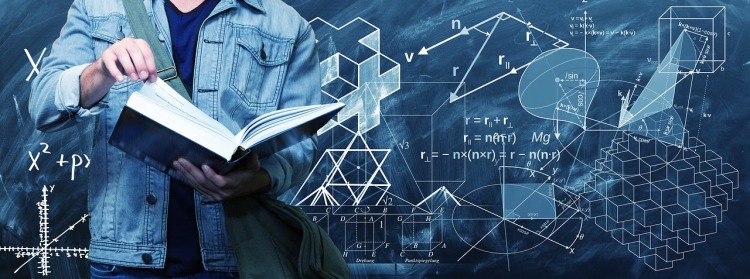 What is mathematical intuition? Institution is an insight not depending on rigorous reasoning. It guides us to creditable results under the circumstance where there is no proof. It is holistic rather than analytical. It is essential in the course of mathematics creation. But in the end, the result arising out of institution remains a conjecture till a rigorous proof is found. There are many sparkling conjectures calling on some eminent mathematicians to prove them.
What is mathematical intuition? Institution is an insight not depending on rigorous reasoning. It guides us to creditable results under the circumstance where there is no proof. It is holistic rather than analytical. It is essential in the course of mathematics creation. But in the end, the result arising out of institution remains a conjecture till a rigorous proof is found. There are many sparkling conjectures calling on some eminent mathematicians to prove them.
Advertisement
Axiom, Theorem, Proof
Mathematics is often regarded as a deductive science: to make assumptions (axioms) and use the laws of logic to deduce consequences (theorems). But possible theorems are conjectured by induction, wherein intuition, guesswork, trial and error, and experimentation have central roles. It tends to be mechanized proving a theorem by systematically using logical rules; computers are well-suited to implement symbolic manipulations that lead from the initial hypotheses to the conclusion, producing a proof.
However, the best proofs should be based on intuition, imagination and bold breakthroughs. These are far more difficult than executing the blind, plodding rules. On the other hand, computers are able to analyze hundreds of thousands of published proofs (which is far more than any human mathematicians), as well as discovering the mode of reasoning and the successful previous tactics. In the end, this unbelievable power will outshine the limitation of human beings, just as what happened in the fields of Chess and Go.
Advertisement
- Previous article
- Choupette, Karl Lagerfeld’s Beloved Cat
- Next article
- Virtual Reality Therapy Can Help People Cope with Eating Disorders
Advertisement
OTHER NEWS

The Nationwide Shortage of Coins is the Latest Consequence of the COVID-19 Pandemic in the United States
BY Ashley

How can we set and remember easy-to-remember but hard-to-guess passwords?
BY Katherine

What is the ultimate speed of sound transmission?
BY Christine,Einstein

Does Eating Lunch at Your Desk Make you Feel Stressed
BY Lillian
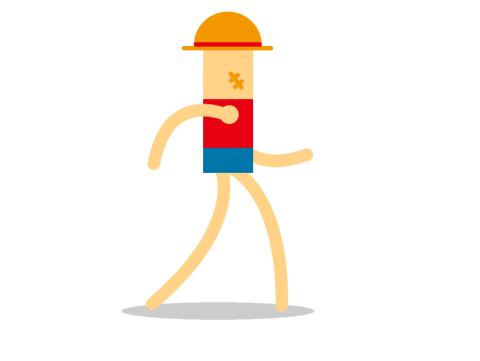
Walking: The Best Exercise
BY Irene

How to Download and Install VIX for Free?
BY Fox
RECENT NEWS
-

PUBG Mobile Esports Generated 200 Million Hours of Viewing in 2020
-
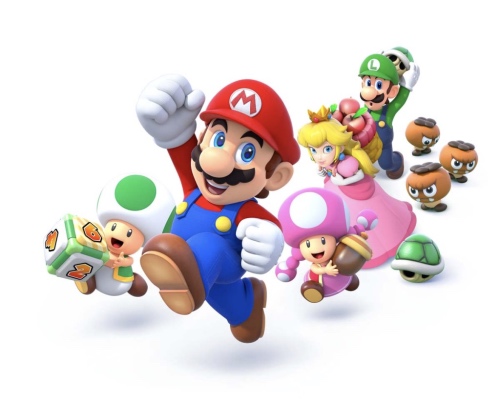
Mario Kart Tour Races to $200M revenue and 200M Downloads
-
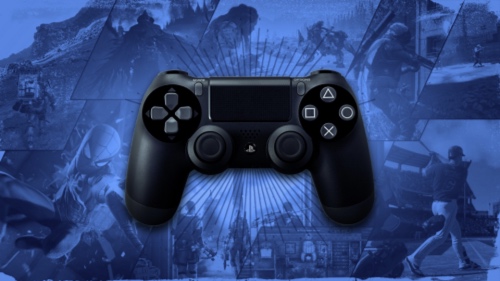
Game Acquisitions Expand Globally in Q1 2021 with 280 Deals Worth $39 Billion Surpassing That in 2020
-

Free Fire Shows Strong Momentum, with Its Revenue Overtaking PUBG Mobile in a Single Market for Q1 2021
-
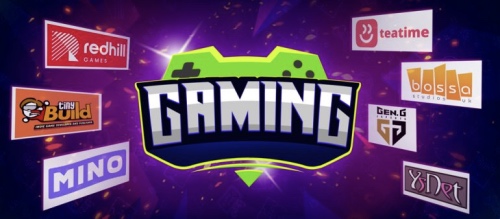
The Games Fund Launched a $50 Million Early Investment Fund to Invest in American and European Companies
-
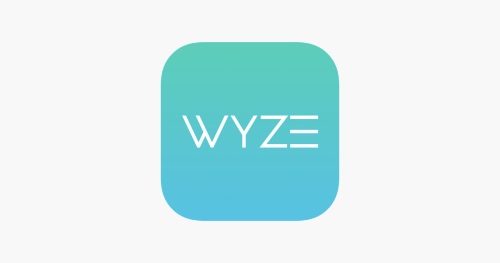
How to Download and Install Wyze App for Free?
 1
1 1
1